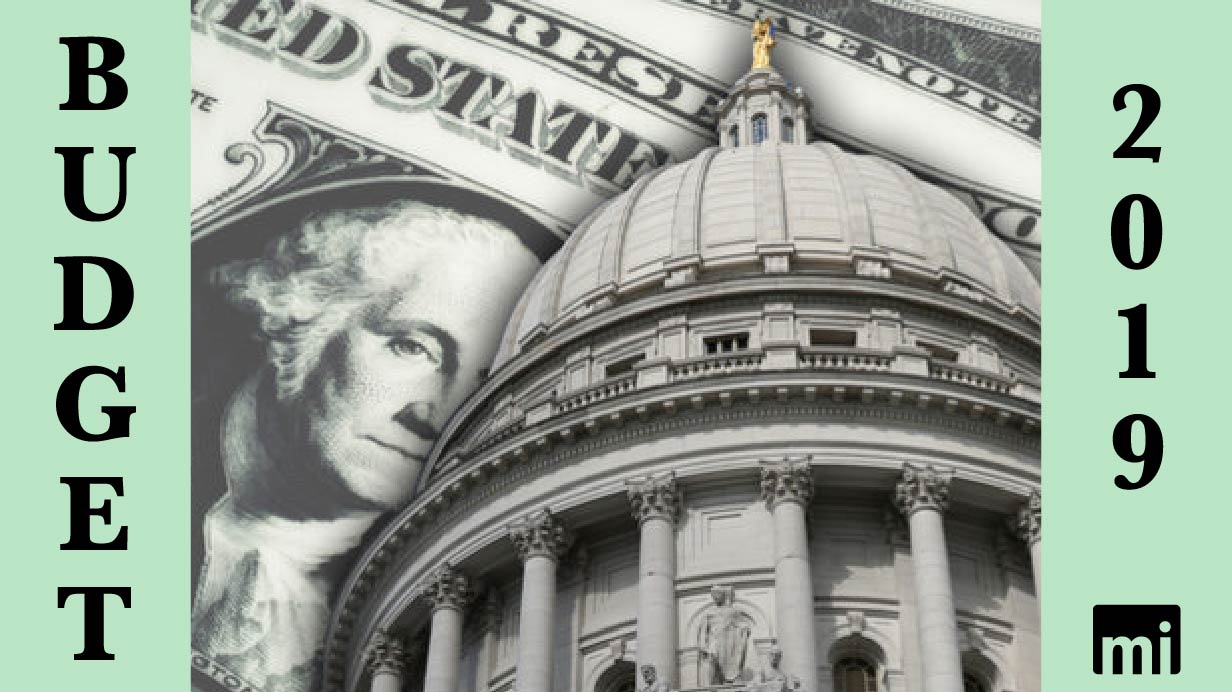
August 13, 2021
New Estimate Predicts $1 Billion More By End Of FY 23
An updated general fund estimate from the nonpartisan Legislative Fiscal Bureau (LFB) shows that the State of Wisconsin is now expected to finish the current fiscal year (FY) with a $1.9 billion surplus, $664 million more than they estimated at the end of June. LFB also estimated that the state will have a closing balance of $1.6 billion at the end of the biennium, which is $1.2 billion more than estimated in June.
While the higher-then-expected estimate is just that, an estimate at this point, it is positive fiscal news. The $1.6 billion will be what legislators use to craft their next biennial budget in 2023.
The Wisconsin economy’s recovery from COVID-19 continues to be more positive than originally expected. Wisconsin, thankfully, is in a very good post-pandemic fiscal position.
If nothing changes, LFB estimates that the 2023-2024 fiscal year will end with a balance of $1.312 billion, a whopping $1.26 billion more than previously estimated! LFB estimated in June that the 2025 fiscal year, without any changes, would finish with a negative $286 million balance. Their August 9 estimate shows instead a positive $1.021 billion balance.
During deliberations on the 2021-2023 biennial budget, LFB had estimated that Wisconsin would finish FY 2021 with a $2.5 billion surplus. Legislators on the Joint Finance Committee used that surplus to deliver the largest tax cut in state history.
Bills To Combat Critical Race Theory Get Hearing
The Senate and Assembly Committees on Education held a joint hearing Wednesday on two bills that the authors believe will make education in Wisconsin more transparent and stop the teaching of Critical Race Theory (CRT) in our classrooms.
While parents and lawmakers have recently started to wake up to the threat of CRT in schools, there has been a concerted, organized, and vast campaign to push CRT onto our children for years. The MacIver Institute has been uncovering instances of Critical Race Theory in education since 2014.
Senate Bill 411 (companion bill AB 411) would prohibit classroom teaching and teacher training that promotes the stereotyping of people based on their race or sex. The other bill, SB 463 (companion bill AB 488), would require school boards to make teaching materials, like lesson plans and classroom syllabi, available online to the public.
When Dane County Leniency Turns Deadly
Ella French didn’t have to die. That is neither misplaced anger nor wishful thinking, it is the plain, tragic truth: Ella French didn’t have to die. Columnist Dan O’Donnell explains how a Dane County Circuit Court judge, Ellen Berz’s, inexplicably lenient sentence set in motion the events that led to the death of Chicago Police officer French
Questionable Curriculum: Who Is Pushing Critical Race Theory On Our Children?
It is evident that Culturally Responsive Teaching — the current preferred term for Critical Race Theory — is not just randomly appearing in classrooms across the state, but is being pushed from the top down. Readers frequently ask the MacIver Institute, “How is CRT actually being passed onto teachers and children in the classroom?” There are many consulting firms and outside groups that provide DPI, schools, and teachers themselves with the resources they need to force CRT into the curriculum at the school district level or directly into the classroom. There is a concerted, organized, and vast campaign to push CRT onto our children. The Network, a group supported by the Department of Public Instruction, is the first of what will be many examples of the groups and organizations pushing CRT in Wisconsin.